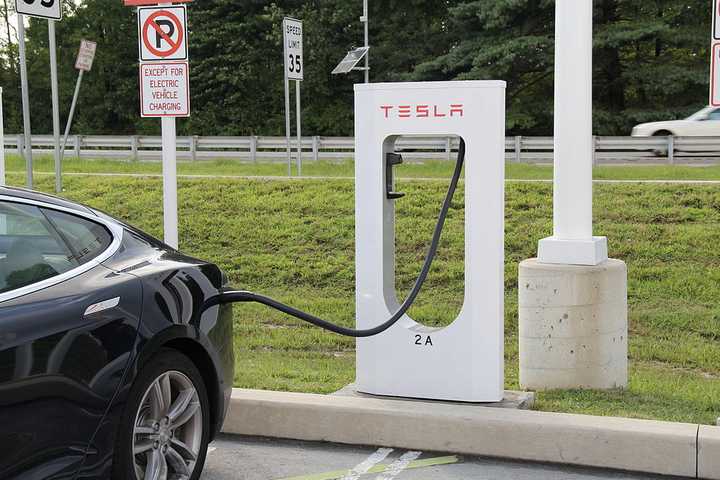October is National Energy Month, and the personal finance website looked at how the average household spends money on energy bills.
Alaska and Hawaii had to be eliminated from the study because of “data limitations,” WalletHub said.
Connecticut came in ninth, behind New York, Utah, Minnesota, Vermont, Rhode Island, Wisconsin, Massachusetts and Colorado, in that order.
It had a total score of 74.79 and was given a 17 for home energy efficiency and a 6 for car energy efficiency.
According to WalletHub’s methodology, one is the “best,” while 24 is “average.”
American consumers spend an average $2,000 a year on energy, about half of which goes toward heating and cooling, WalletHub found.
Energy itself has much broader implications for the U.S. economy and the environment, it said.
Citing stats from McKinsey & Company, a global management consulting firm, WalletHub said investing $520 billion on energy-efficiency measures could save the economy more than $1.2 trillion and help to greatly reduce annual greenhouse gas emissions.
WalletHub asked a panel of experts to weigh in on the issue.
Find their answers to the following questions by clicking here:
• What energy-efficient products for the home offer the best return on investment?
• What is the biggest mistake consumers make when trying to make their homes more energy-efficient?
• In evaluating the most energy-efficient states, what are the top five indicators?
• Should the government continue to incentivize consumers and businesses to invest in energy-efficient projects?
• What tips can you provide for building an energy-efficient home on a budget?
• What are the best strategies for financing solar panels for the home?
To see WalletHub’s entire rankings, click here..
Click here to follow Daily Voice Bridgeport and receive free news updates.
